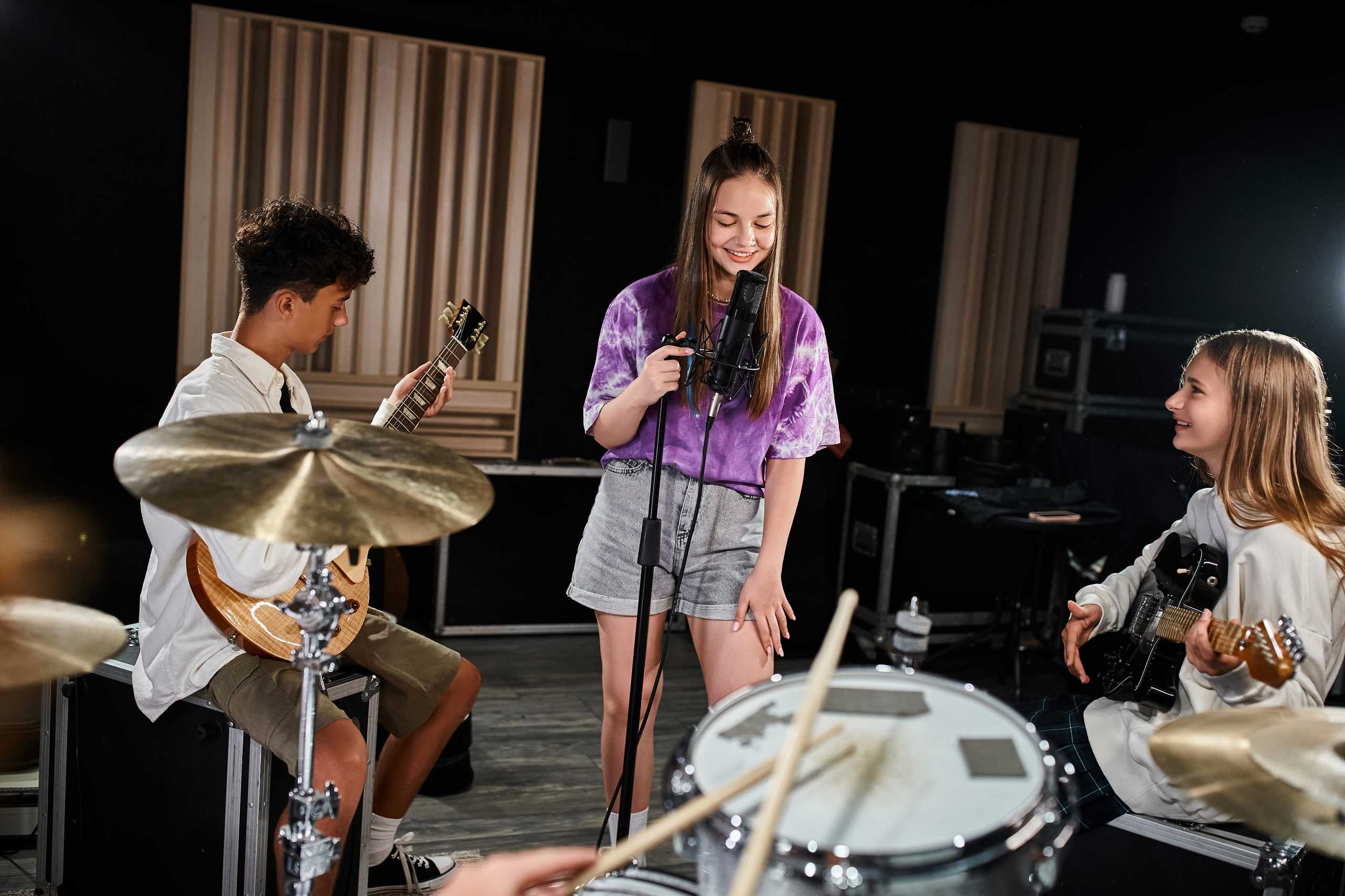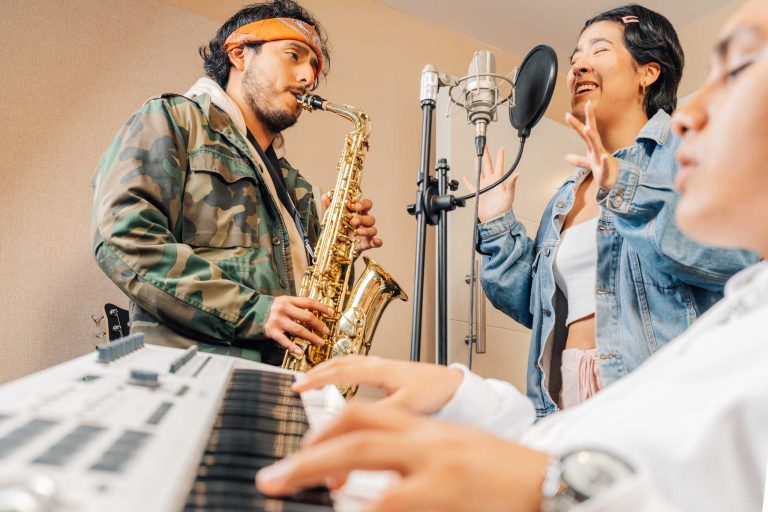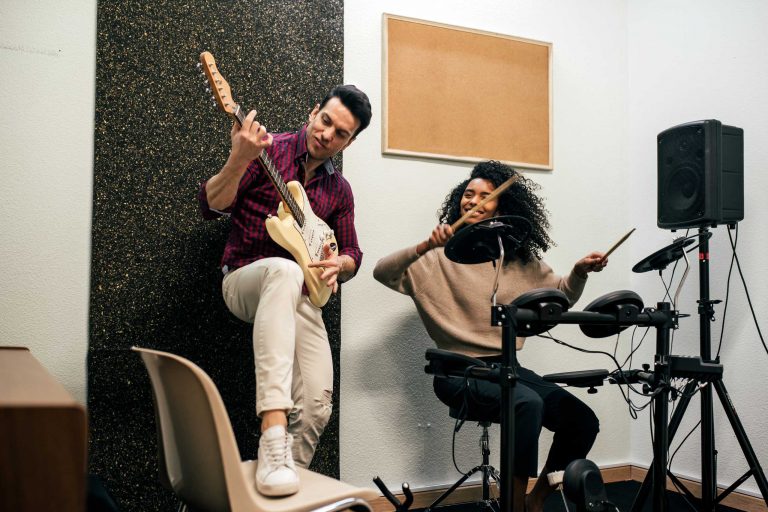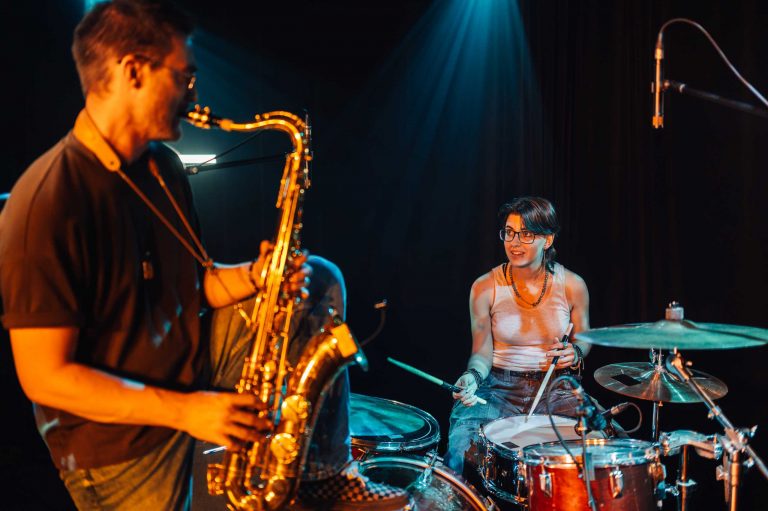Improvisation might look like playing notes, but it’s actually powered by something even deeper — listening. Truly great jazz improvisers aren’t just skilled players; they’re expert listeners. They catch every nuance from their bandmates, the audience, and the moment itself, and weave it into their music.
Why Listening Matters More Than Playing
When you’re improvising, the music is a conversation. If you’re only focused on your own playing, you miss half the story. Listening helps you respond, adapt, and build on what others create — turning solo lines into dialogues, and solos into stories.
Good listening means catching subtle rhythms, shifts in mood, and even silence. These tiny details are where the magic hides.
Developing Your Listening Skills
Listening isn’t passive; it’s active and focused. Here are ways to sharpen your ears:
- Transcribe solos: Learn phrases note-for-note to understand phrasing and ideas.
- Play “call and response”: Practice answering a phrase exactly, then make your own reply.
- Record and review: Listen to your own improvisations to spot patterns and surprises.
- Attend live gigs: Feel the energy and watch how musicians interact in real time.
Listening Fuels Creativity
When you listen well, your improvisation becomes more connected and meaningful. You can anticipate changes, catch cues, and surprise your bandmates with perfect responses. This deep connection creates that electric spark audiences love.
Make Listening Your Superpower
At Jazz Improv Academy, we emphasize listening as the foundation of great improvisation. Our courses train your ears alongside your fingers, helping you become a musician who doesn’t just play notes — but hears the whole story.
Remember: the best players don’t just perform — they listen, react, and create magic in every moment.




